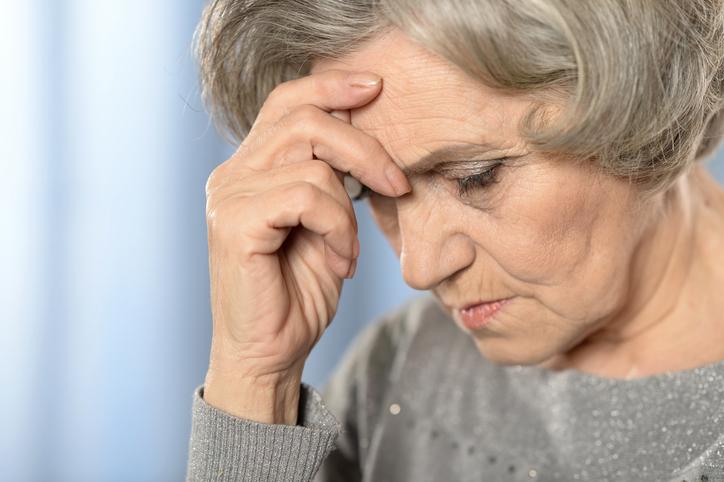28 мая 2022
Constipation: What Can You Do and When to See a Doctor?


28 мая 2022
Constipation: What Can You Do and When to See a Doctor?
## How does it show up?
Constipation is a physical condition when you empty your bowels less than three times a week. The irregular bowel movement is accompanied by a feeling of incomplete evacuation, obstructed defecation, hard stool, or more or less pronounced meteorism.
## Why does it happen?
Constipation can sometimes be a symptom of serious disorders. Here, we will discuss commonplace situations. Most often, constipation is caused by:
- Eating low-fiber foods
- Consuming large quantities of milk or cheese
- Insufficient amount of water and dehydration
- Insufficient physical activity
- Changes in your routines due to travel or changed time schedule
- Excessive or wrong use of laxatives
- Stress
- Low-carb diets
Delayed bowel movements can also happen after ===the intake of certain medicines during pregnancy.
## What can you do to avoid it?
Live a healthy lifestyle and try to exercise daily. Physical activity improves bowel movements. Don't forget to drink more water and eat high-fiber foods. Add prunes, apples, pears, kiwi, dried figs, spinach, sauerkraut, bran, olive and linseed oil, whole grain bread, and yogurt to your diet.
You need to have 14 grams of fiber per 1,000 calories in your daily diet. Take probiotics in dietary supplements. You should also skip alcohol, smoking, caffeinated drinks, fast food, fried and spicy foods, red meats, milk, cheese, and dairy products for some time.
## When should you seek emergency medical attention?
Anyone can become constipated. You should seek urgent medical assistance if you have any of the following:
- Vomiting
- Blood in the stool
- Weight loss
- Intense and regular pain when defecating
- Constipation for more than 2 weeks
## Medical examination and tests
The patient should be frank about the symptoms, describe them in detail, and not skip medical examinations so that the doctor can prescribe treatment as soon as possible. The doctor will examine the patient and will send him or her for tests.
Most often, the tests include:
- Clinical and biochemical blood tests
- General urine analysis
- Stool test (general analysis of feces)
- Bacterial examination of feces
- Analysis of feces for occult blood
In some cases, the patient may also be sent for gastroscopy, sigmoidoscopy (endoscopic examination of the inner surface of the rectum and distal part of the sigmoid colon), and colonoscopy (examination of the large intestine).













